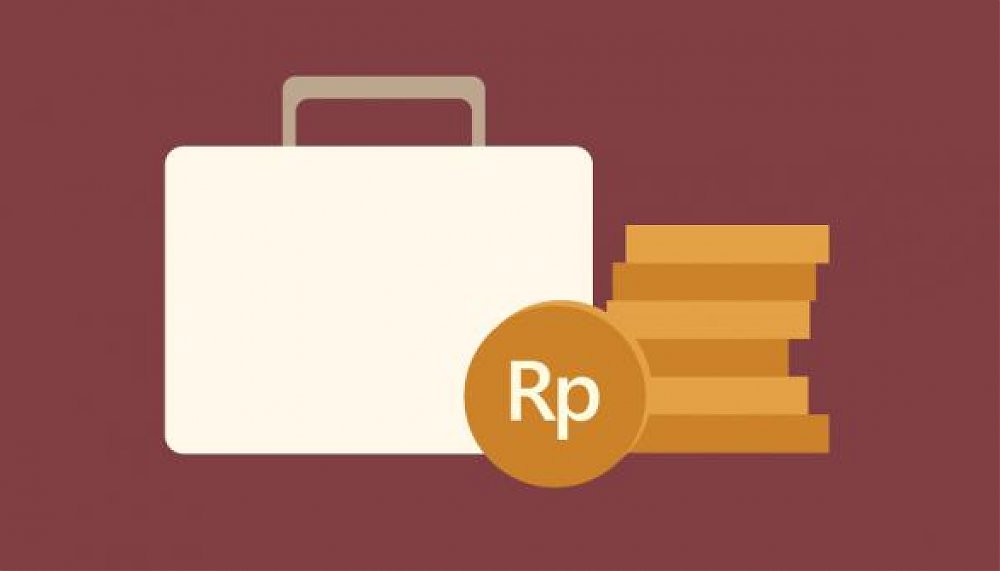At a hearing at Commission II of the House of Representatives (DPR) RI (29/5), a member of the General Election Commission (KPU) RI, Idham Holik said that the KPU abolished the obligation of election participants to report the Campaign Fund Contribution Receipt Report (LPSDK). The reason is that LPSDK is not regulated in the Election Law (UU), the campaign period is short, and the substance has been contained in the Initial Campaign Fund Report (LADK) and the Campaign Fund Expenditure Receipt Report (LPPDK). Idham also said that the elimination of LPSDK was a recommendation from the Financial Transaction Reports and Analysis Center (PPATK).
"Contributors of campaign funds from groups must be legal entities to facilitate the tracing of sources of funds to avoid fictitious groups. In connection with this strategic issue, this is based on recommendations from PPATK to the KPU," Idham said during the hearing.
The elimination of LPSDK was criticized by the Civil Society Coalition to Guard Clean Elections, which consists of nine organizations. According to the Coalition, the obligation to submit LPSDK must be interpreted as a direct mandate from the three election principles stipulated in Article 3 of the Election Law, namely, honesty, openness and accountability. Clause 4 letter b of the Election Law also states that the regulation of election administration aims to realize elections that are fair and have integrity.
"The philosophical essence of the presence of LPSDK is to urge election participants to act honestly in reporting the receipt of donations from their legislative candidates in the middle of the campaign period. This will build a parallel monitoring instrument from voters, as well as a preference before they make political choices in the upcoming elections," said the Executive Director of the Association for Elections and Democracy (Perludem), Khoirunnisa Nur Agustyati, to rumahpemilu.org (5/6).
Referring to the dissertation of constitutional law expert, Zainal Arifin Mochtar, the KPU is an independent state institution and has the authority to make its own rules, as long as they do not conflict with statutory regulations.
Director of the Network for Democracy and Electoral Integrity (Netgrit), Hadar Nafis Gumay, said that the reason for the short campaign period as an excuse to remove the LPSDK obligation makes no sense. This is because the reporting administration process is not charged to the KPU, but political parties.
"Practically, the KPU only receives and verifies it and then publishes it to the public. In addition, this LPSDK practice has been going on for a long time and should have been known by every election participant. We are worried that the actions of the KPU members are only to accommodate the political interests of election participants who do not want to be preoccupied with the administrative affairs of financial reporting, "concluded Hadar as quoted from the press release received by rumahpemilu.org (4/6).
KPU's reasoning that the substance of LPSDK already exists in LADK and LPPDK is also considered problematic. Formally, LADK and LPPDK are campaign finance reports before and after the campaign period. Meanwhile, LPSDK is a report on donations received by election participants during the campaign period.
"LADK only contains the source of the initial balance of the special campaign fund account. So, LPSDK is the only medium that can be utilized by voters to check the aspects of transparency and openness, even suitability, of political candidates before voting in the upcoming election," said Director of the Legislative Monitoring Committee (Kopel), Anwar Razak.
The obligation to report LPSDK has been implemented since the 2014 elections. LPSDK is a connecting instrument between elections and corruption eradication. Based on data from the Corruption Eradication Commission (KPK), one third of corruption cases are political corruption.
"Therefore, every government administration, including the change of seats of power through general elections, must be based on anti-corruption values, which include the principles of integrity, both transparency and accountability," said Indonesia Corruption Watch (ICW) Researcher Kurnia Ramadhana.
The coalition urges the KPU RI to continue to require LPSDK in the 2024 elections. The coalition also hopes that the Indonesian Election Supervisory Agency (Bawaslu), as a state institution mandated to carry out the supervisory function, will reprimand the KPU RI.
The Civil Society Coalition to Guard Clean Elections consists of ICW, Perludem, Netgrit, THEMIS, Kopel, Public Virtue Research Institute, Indonesian Center for Law and Policy Studies (PSHK), Center for Constitutional Studies (Pusako) Andalad University, and Greenpeace Indonesia. []
This article is translated by Haura Insani.











